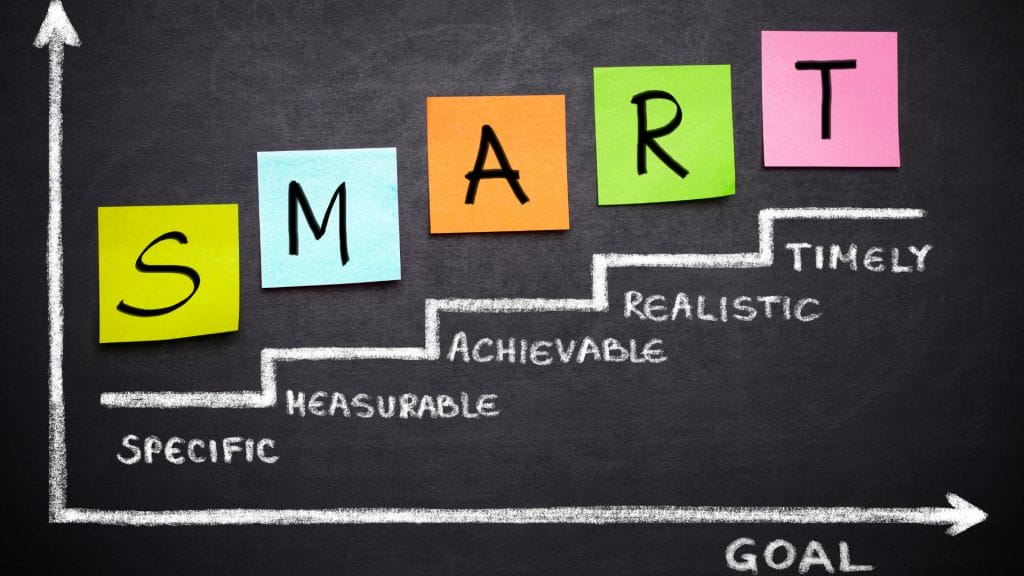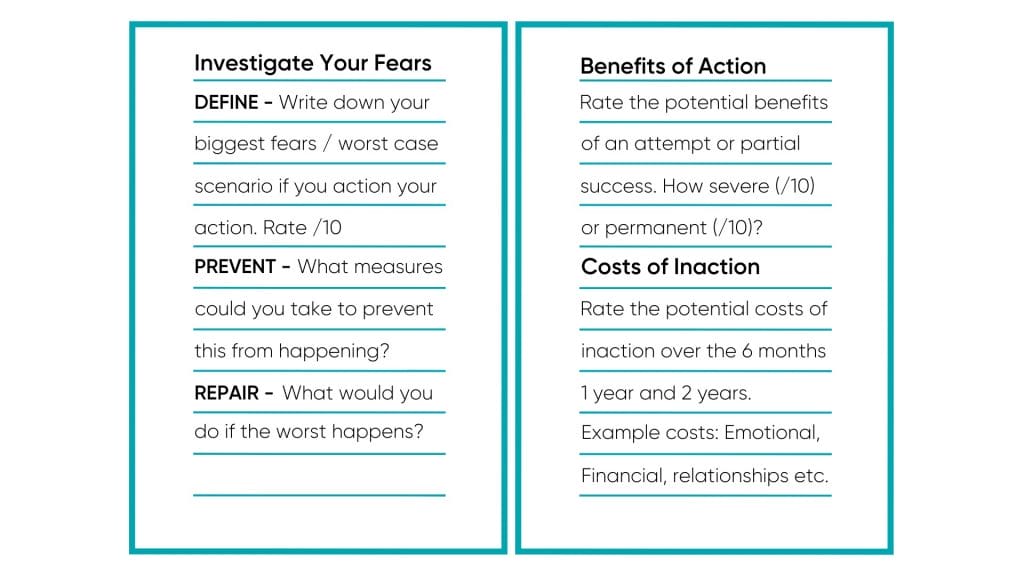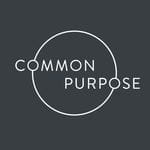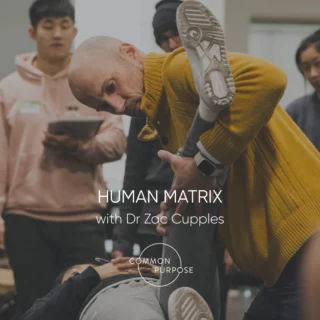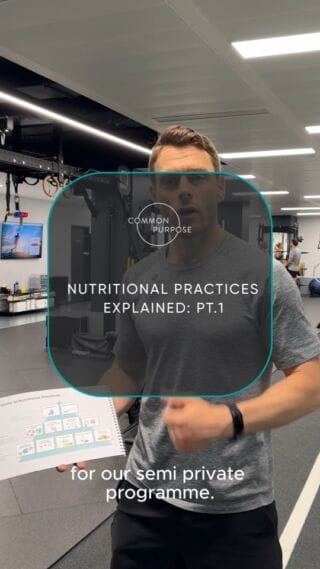Lessons from Stoicism
More philosophy (this is relevant though, so bear with us!). People often think of stoic thinking as being inactive and passive. But properly understood, it can be a powerfully useful and productive mindset. It has been described as “an effective operating system for thriving in high-stress situations”.
Stoicism is a school of thought in which virtue, the highest good, is based on knowledge. The truly wise live in harmony with reason and are impervious to fate, fortune and extremes in pleasure or pain. A stoic is not indifferent, no one is impervious to the chaos of life, they are just not emotionally volatile or reactive.
Understanding that there are things in life we can’t control, and identifying the things that we can, improves the efficiency and effectiveness of our decision making. This enabling us to take action and achieve our goals. Put simply, when life gets difficult, control the controllables.
Action vs Inaction
To do or not to do, which is more damaging for your development? How often have you set yourself a goal, but never pulled the trigger for reasons you can’t quite put your finger on?
Fear of action due to overthinking can lead to a “paralysis by analysis”, which can leave you stuck in a rut. As Seneca, the Younger put, “We suffer more in imagination than in action”.
Whilst the world around you keeps moving forwards, if you stay stuck in the same place, you may end up falling behind without even noticing it (until it’s too late). Progression and development are necessary for a meaningful life. This is why people often regret things they don’t do, as opposed to taking action and making mistakes, from which lessons can be learned.
Fear Setting
Fear setting is a term coined by author and serial entrepreneur Tim Ferris, who took the philosophy of stoicism and created an actionable framework, which can significantly improve your decision making. Once you’ve decided on a goal, and applied the SMART principle, you need to be willing and able to take action.
Fear setting is a reflection exercise, used to clarify your goals and understand what is holding you back from achieving them.
What you need:
- 3 pieces of paper
- A pen
- 30-60 minutes.
 Common Purpose Team
Common Purpose Team
